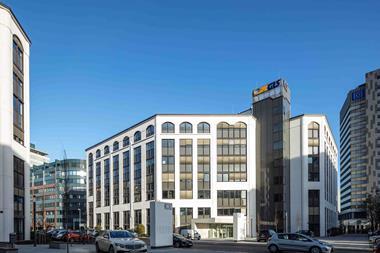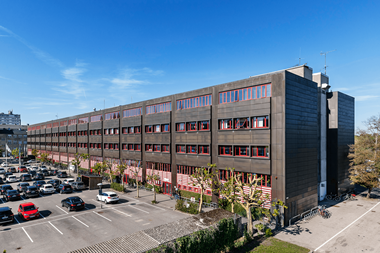The disconnect between core real estate prices and underlying economic fortunes is prompting Partners Group to sell certain assets and “manufacture core”.
According to its latest Markets Navigator report, the global fund manager is focusing on developing and refurbishing real estate to capitalise on international appetite for core assets.
The report said: “We create value through… buying properties below replacement cost, ‘fixing’ properties through specific, owner-oriented asset management; and developing core properties in markets with strong fundamentals.”
Across asset classes, asset prices remained at inflated levels due to central bank action and talk, the Swiss investment manager said.
Capital markets were out of sync with economic fundamentals, it said, and predicted this could continue to be the case.
Economic growth forecasts were again being revised downwards, but asset prices were still rising, boosted by central bank rhetoric and actions, it said.
“Barring an escalation of geopolitical tensions and an earlier pricing in of monetary tightening, we see little to end the decoupling of economic reality and assetflation and believe certain high-quality assets may continue trading at levels considered synthetically elevated for years to come,” Partners Group said.
Commenting further on its own private real estate strategy, the firm said that in markets where it had seen very strong investor demand and aggressive acquisitions, it was still selling assets at highly attractive pricing, “often in advance of underwritten expectations.”
The group said it was still concentrating on properties in developed markets where economies had improved steadily since the financial crisis.
It said it was continuing to overweight the UK, German-speaking Europe and the Nordics, particularly in high-demand apartment, retail and industrial markets.
In the US, there were still good investment opportunities in the Southeast and Midwest markets, it said, especially for apartments and offices.
In Asia-Pacific, the group said it was investing in properties that it could convert within undersupplied property segments in Hong Kong and Beijing.












